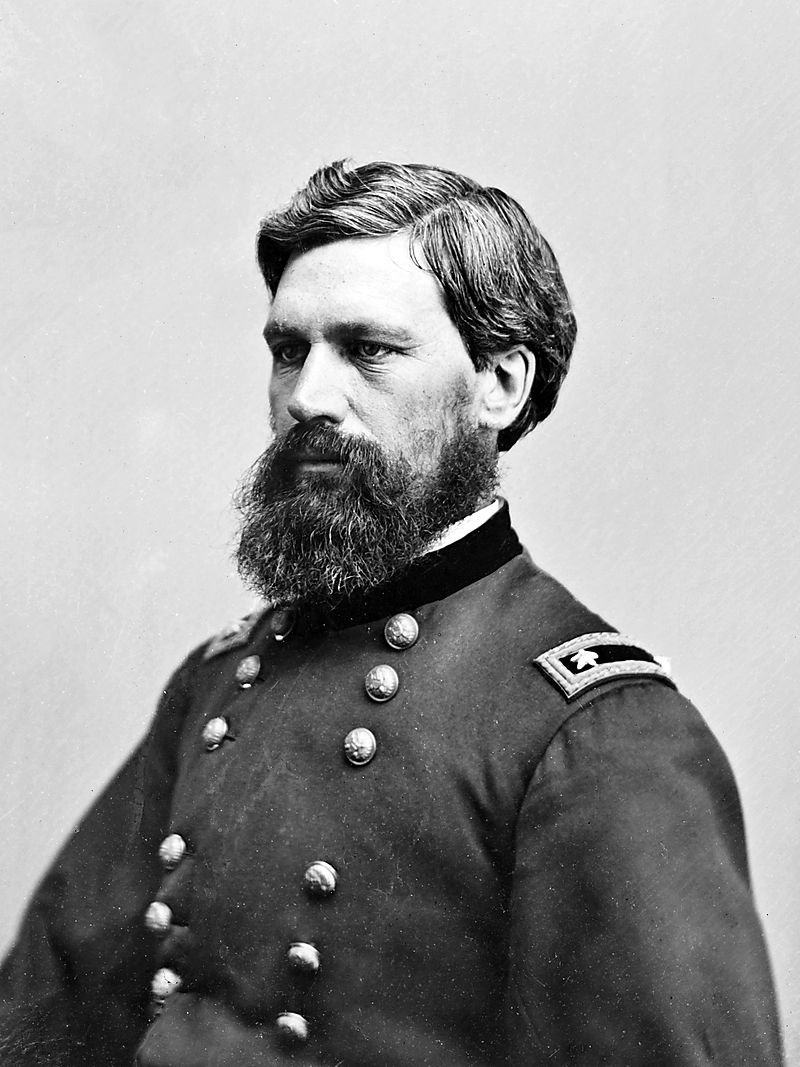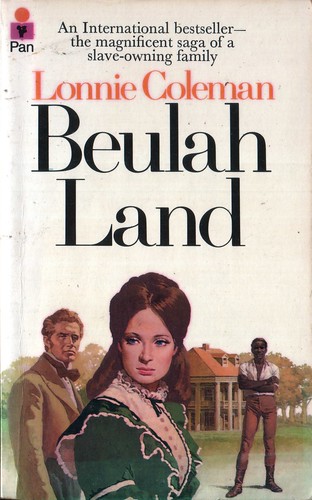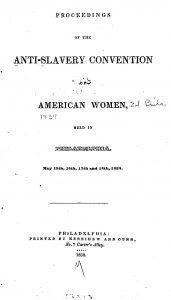| Page | Term | Description |
| 51 | overseer | An overseer is one who is appointed to supervise others, particularly workers.
The Century Dictionary, a dictionary published from 1889-1891, refers to an overseer as “one who oversees or superintends workmen, especially slaves; one who has charge, under the owner or manager, of the work on a plantation, or, in Australia, on a station.” |
| 51 | sable | A sable is an animal who is a member of the weasel family. Sables are particularly known for their dark brown or black fur. A sable’s fur is considered highly valuable, often being used for fur coats and similar clothing.
 Image Source: A sable with dark brown fur. In addition, the word sable is an adjective meaning “black” or “dark and gloomy.” The word is also used in poet Phillis Wheatley’s poem “On Being Brought from Africa to America”: ‘Twas mercy brought me from my Pagan land,
Taught my benighted soul to understand
That there’s a God, that there’s a Saviour too:
Once I redemption neither sought nor knew.
Some view our sable race with scornful eye,
‘Their colour is a diabolic die.’
Remember, Christians, Negros, black as Cain,
May be refin’d, and join th’ angelic train.”
|
| 51 | General Howard’s Civilizing School | There is no mention of an actual “General Howard’s Civilizing School,” but the novel is referring to General Oliver Otis Howard, a Union general during the Civil War.
General Howard was appointed to be in charge of the Freedmen’s Bureau, an organization formed in 1865 in order to assist newly freed slaves and poor whites. “General Howard’s Civilizing School” may be a reference to Howard teaching the former slaves how to integrate into society, hence the “Civilizing School” part of the title. |
| 51 | Beulahland Review | There doesn’t seem to be an actual “Beulahland Review,” but the title Beulahland may refer to the novel of the same name by Lonnie Coleman.
The novel Beulah Land, published in 1973, was the first of a trilogy of books centered around the lives of two families, both white and black, on a Georgia slave plantation. |
| 51 | New York Suffragette Society | There isn’t a general New York Suffragette Society that existed, but this may be in reference to the Anti-Slavery Convention of American Women. In May of 1837, hundreds of women from various anti-slavery organizations came together to talk about the status of the abolitionist movement and their roles in it.
|
| 52 | She-Bear | See: Flight to Canada poem |
| 52 | puerile | A word that means “silly,” “juvenile,” or “immature.” |
| 52 | “A bust of Caligula” | Caligula was the nickname of Gaius Caesar, a Roman general who was infamously known for his unpredictable, psychotic behavior and cruel treatment of his subjects. In addition, it was reported that Caligula committed incest numerously.
|
| 52 | objets d’art | French phrase meaning “work of art,” an objets d’art typically refers to a work of art that is not a painting, prints, drawing, or a large sculpture. |
| 52 | piece de resistance | Word meaning “masterpiece,” or “the most significant accomplishment of one’s career or lifetime.” |
| 53 | prolegomenon | A word meaning “prefatory discussion or essay,” an introduction essay that introduces another work. |
| 53 | kink | Word meaning “to laugh loudly,” “unconventional sexual taste or behavior,” “a clever or unusual way of doing something,” and “an imperfection that causes difficulties in the operation of something.” In the context of the book, it is a racial slur for African-Americans. |
| 53 | cassarette | Another word for a cassette tape. |
| 54 | sbleezers | Sbleezers seems to be a word made up by Arthur Swille himself. This word seems to refer to Cato and other employees of Swille’s. |
| 55 | “A stare that could draw out the dust in a brick.” | This quote refers to Robin’s stare towards Cato. Ishmael Reed stating that Robin’s stare could draw the dust out of a break may refer to the anger, resentment, and similar emotions that Robin held towards Cato. His stare had so much emotion, so much force that it could very well draw out the dust in a break. |





